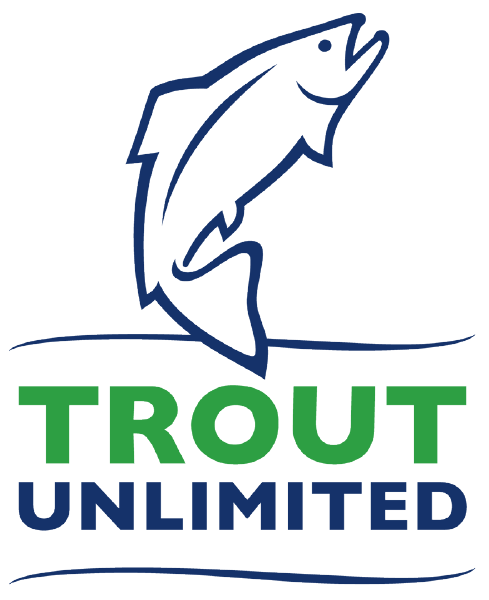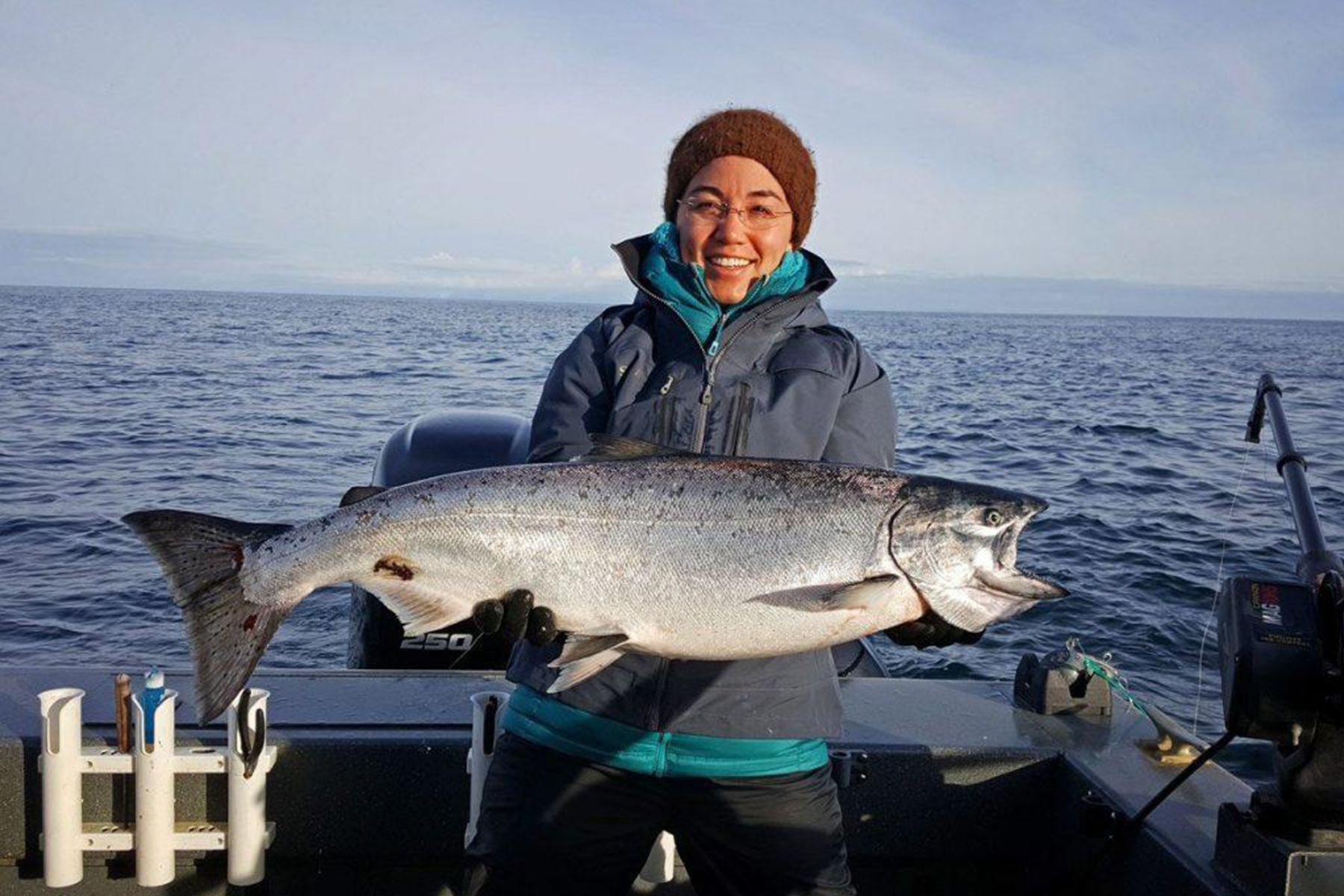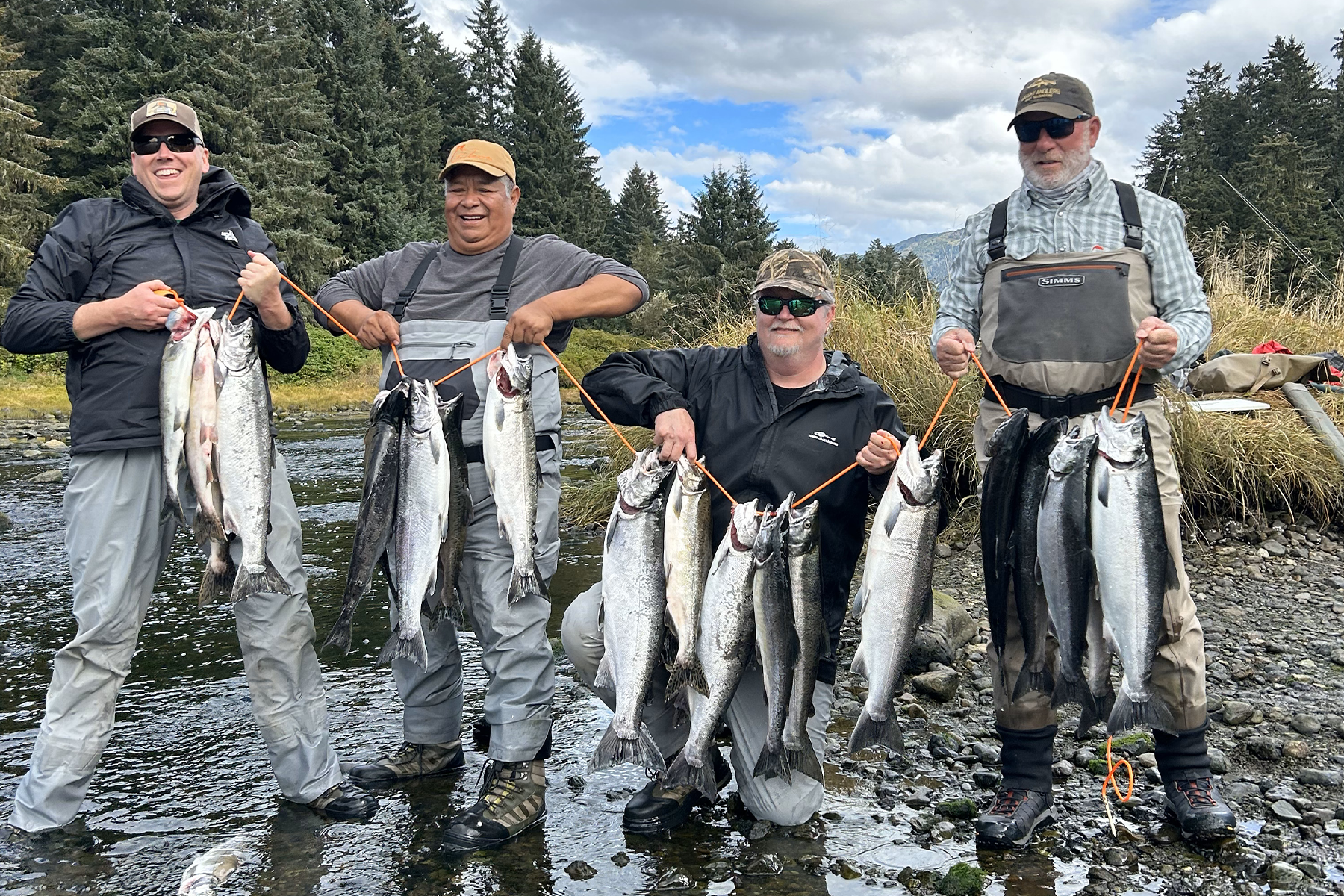Alaska King Salmon Fact Sheet
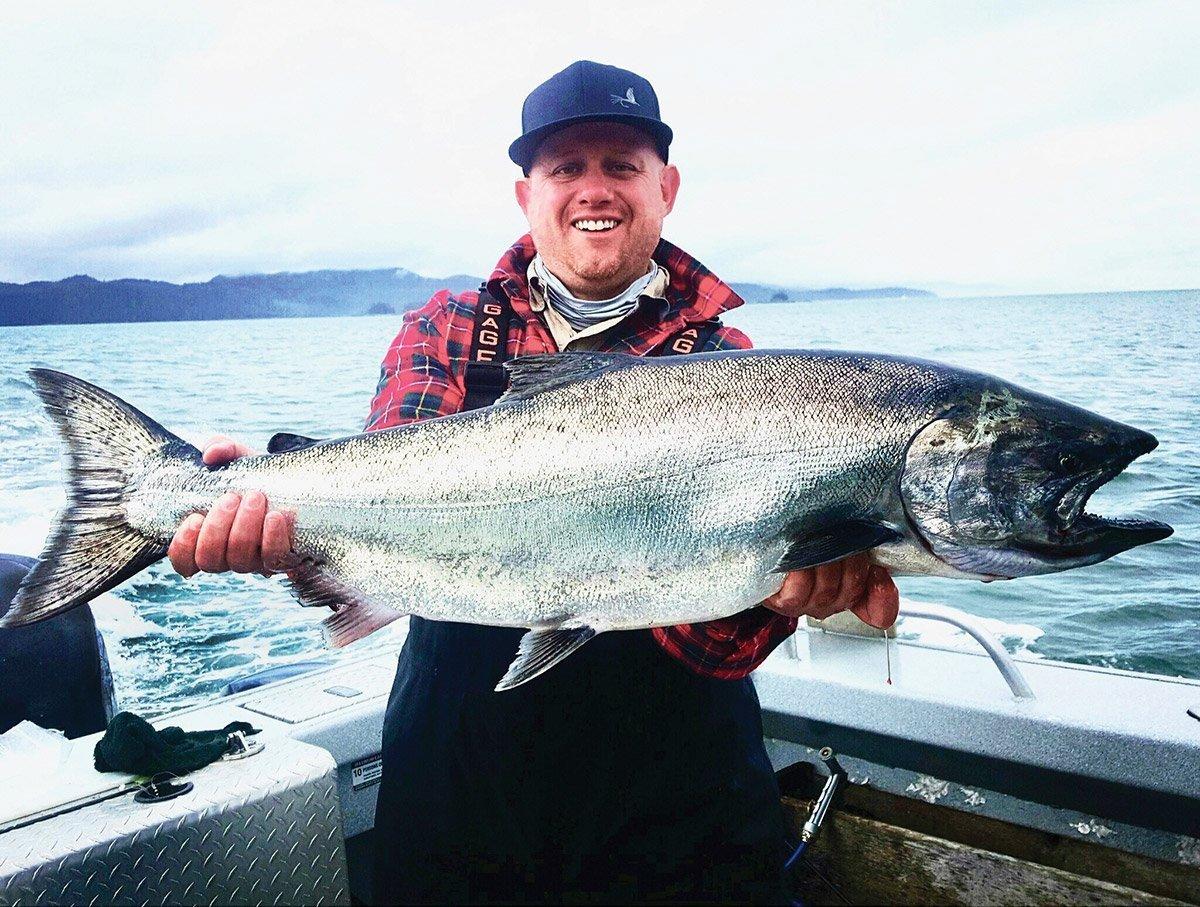
What is Alaskan King Salmon?
An Alaskan king salmon, also known as Chinook salmon, is a large and highly prized fish species that is native to
the Pacific Northwest region of North America. It is the largest of all Pacific salmon species.Alaskan King salmon
have a distinctive red-orange flesh that is rich in flavor and high in omega-3 fatty acids, making it a popular
choice for sushi, sashimi, and other culinary applications.The Alaskan salmon is an important cultural and economic
resource for the Alaskan people and is carefully managed to ensure sustainable fishing practices.
Alaskan King Salmon Facts
Alaska King Salmon Names
Common Name:
King salmon
Scientific Name:
Oncorhynchus tshawytscha
Other Names:
Chinook salmon, Blackmouth, Spring salmon
Alaska King Salmon Description
Wild Alaska King Salmon Color & Markings:Black irregular spots on their back, dorsal fins, and both lobes of
the tail fin.Black gums and black mouth under the tongue.How Big are King Salmon?
36+ inches and 30+ lbs at maturity.
Distinguishing Features
The Alaska King salmon is the only Pacific salmon with both black mouth and black gums.
King Salmon Life Cycle
Spawning
King salmon spawn in relatively deep, fast moving freshwater rivers.
Rearing
In Alaska, King salmon eggs generally hatch in the late winter or early spring. After emerging from the gravel, the
fry divides into two groups, ocean-type and stream-type (most common in Alaska). Ocean-type fry undergoes
smoltification and migrate to the ocean. Stream-type fry remains in the freshwater for one full year before
undergoing smoltification and heading for the ocean.
Maturation
Alaskan salmon will spend anywhere from 1 to 6 years feeding in the ocean. Because they may become sexually mature
anywhere between 2 and 7 years old, the size of the spawning fish can vary greatly. A sexually mature 2-year-old
fish will likely weigh less than 4lbs, but a 7-year-old mature fish can easily weigh more than 50lbs!King salmon
return to the freshwater river where they were spawned between May and July. Each river usually has only one run of
King salmon.As with all Pacific salmon, Kings spawn once and then die.
King Salmon Habitat
Fresh-water lakes, streams and their estuaries are the spawning and rearing grounds for King Chinook salmon.In the
ocean, juvenile fish are found where the bait fish are, generally between 30 and 60 feet deep.Mature fish run along
the shoreline both of the ocean and the river as they “smell” their way back to their natal waters.
King Salmon Diet
Ocean:
Herring, Sandlance, Squid, Crustaceans, etc.
Freshwater:
Sexually mature fish in the rivers do not feed.
King Salmon Distribution
In North America from the Chukchi Sea (between Alaska and Russia above the Bering Strait) south to Monterey Bay,
California.
Alaska King Salmon Fishing
When is King salmon season in Alaska?
Alaska King salmon fishing season typically runs from May to early July, though it varies depending on region and
fishing method.
How to catch Alaskan King salmon
There are several methods used for catching King Chinook salmon, including:
Saltwater Trolling
Rod:
An 8-9ft, 12-25lb rod with a bait caster reel. The ideal rod has a good back bone a flexible tip. This makes it
strong enough to land a big fish in a reasonable amount of time, while still letting you feel the fish, and enjoy a
good fight.
Types of terminal tackle:
Troll Herring, Cut Plugs, Hoochies, Flies, Spoons, Flashers, Divers, Mooching Rigs, Threaded Herring
River Fishing from the Bank
Spinning Rod:
An 8-9ft, 12-25lb and a reel with a good drag system. Some people prefer bait casters, but they take a little more
skill to cast.
Types of terminal tackle:
Eggs (where legal), Spoons, Imitation Egg patterns (yarn), sometimes a bobber with eggs or herring, depending on
the place and current
Fly fishing
Rod:
An 11-12ft, 8-10wt rod with a decent reel that has a good drag system.
Types of terminal tackle:
Streamers, Egg patterns, and flash flies.
River Fishing from a Boat
Types of terminal tackle:
Fishing Techniques
Saltwater:
Freshwater:
Frequently Asked Questions About Alaska King Salmon
What is the state fish of Alaska?
The state fish of Alaska is the King salmon. It was officially designated as the state fish in 1962.
Where does most King salmon come from?
Most Alaskan King salmon come from the wild and are caught in the waters surrounding the state, including the Gulf
of Alaska, the Bering Sea, and the Aleutian Islands. These fish are highly migratory and spend several years in the
ocean before returning to freshwater rivers and streams to spawn.
How many King salmon can I catch in Alaska?
The number of King salmon that can be caught in Alaska depends on several factors, including the specific fishing
regulations in the area, the size of the fish, and the number of anglers fishing. The Alaska Department of Fish and
Game manages the state's fisheries and sets limits on how many King salmon can be caught each year to ensure
sustainable populations. These limits can vary from one river or stream to another and can change from year to year
based on the health of the Alaska salmon populations.
Is King salmon the same as Chinook?
Yes, King salmon and Chinook salmon are the same species of fish. The scientific name for this species is
Oncorhynchus tshawytscha, but they are commonly referred to as both King and Chinook salmon. The name "King salmon"
is more commonly used in the United States, particularly in the Pacific Northwest and Alaska, while "Chinook salmon"
is more commonly used in Canada.The species name for Kings, “tshawytscha” is the common name for Kings in Kamchatka,
Russia.
What is the difference between King salmon and other types of salmon?
King salmon are one of the five species of Pacific salmon found in Alaska, and they are the largest and most prized
of all of them.Here are few key differences between King salmon and other types of salmon in Alaska:
Size:
King salmon are the largest of the Pacific salmon species, with adults typically weighing between 30 and 80
pounds. In comparison, other species such as Coho and Sockeye salmon typically weigh between five and 15 pounds.
Flesh:
King salmon are known for their rich, oily flesh, which is prized for its flavor and texture. The flesh of other
salmon species, such as Sockeye and Pink salmon, tends to be leaner and firmer in texture.
Life Cycle:
King salmon have a longer life cycle than other species, with some populations living up to seven years. They also
tend to spend more time in the ocean, feeding and growing, before returning to their spawning grounds to reproduce.
Habitat:
King salmon are more commonly found in large rivers and coastal areas, while other species such as Pink and Chum
salmon are more commonly found in smaller streams and tributaries.
Market Value:
King salmon are generally considered to be the most valuable of the Pacific salmon species, with prices per pound
often exceeding those of other species due to its large size and desirable flavor.
How far can King salmon travel?
King salmon are known for their long migrations from saltwater to freshwater for spawning. They are capable of
traveling long distances during their life cycle.
In fact,
Yukon River Kings travel up to 2,000 river-miles in 60 days to spawn—all without eating!The exact distance that an
individual King salmon can travel depends on a variety of factors, including the specific population, the location
of their spawning grounds, and the condition of the river or stream they are traveling in.
What’s the record for biggest King salmon caught?
The all-tackle world-record King salmon was caught in 1983 by Les Anderson in Soldotna, AK. He caught 97lb. 4-oz
monster from the Kenai River. The fish was almost 5 feet long and had a girth of 37.5 inches.Anderson caught the
giant fish using a fishing rod and reel, and it took him 25 minutes to reel it in. The weight of the fish was
confirmed by the International Game Fish Association (IGFA), which is the organization responsible for maintaining
and certifying fishing world records.
Are there more male or female King salmon?
When spawning, male fish usually out-number female fish. Female fish also take longer than males to reach maturity.
What are Jack salmon?
"Jacks" or "Jack salmon" are a term used to describe a male King salmon that returns to its spawning grounds one
year earlier than the typical age of maturity. Jacks are usually small, typically weighing between one and five
pounds, and are distinguished by their relatively small size and early arrival.
What are the best tasting King salmon?
The Winter King, Feeder Kings, and Troll-Caught Kings are immature kings that are caught off-shore in the salt
water. These are the best tasting Kings (with the exception of white kings).
Why is my salmon white and not pink?
Lucky you! You have most likely caught a rare “White King” salmon. White Kings are King salmon that have a genetic
mutation that results in white, rather than pink, meat. They are not albino fish, as only the muscle is affected.
They look the same as regular kings on the outside. These rare fish are delicious!
How to cook Alaskan King salmon?
There are many ways to cook and prepare Alaskan King salmon, depending on your taste preferences and seafood
cooking skills.One of the simplest and most popular ways to prepare King salmon is to grill or broil it with a
little bit of salt, pepper, and lemon juice. This method allows the natural flavors of the fish to shine through and
creates a crispy, golden-brown crust on the outside.Another popular way to prepare King salmon is to bake it in the
oven with a variety of herbs and spices, such as dill, garlic, and paprika. This method creates a juicy, flavorful
fish that pairs well with a variety of sides, such as roasted vegetables or a simple salad.For a more adventurous
seafood preparation, you can try smoking the King salmon, which creates a rich, smoky flavor and tender texture.King
salmon is also delicious when poached, steamed, or pan-seared, and can be served with a variety of sauces, such as
hollandaise or teriyaki.
Can you eat King salmon raw?
King salmon, like all types of raw fish, can potentially carry harmful bacteria and parasites. While it is possible
to eat King salmon raw, it is generally recommended that it be cooked to an internal temperature of at least 145°F
(63°C) to reduce the risk of foodborne illness.
Where to Fish for King Salmon in Alaska: Prince of Wales Island Specific
There are no spawning populations of wild Alaska King salmon on Prince of Wales Island. All King fishing at
Boardwalk Lodge is done by saltwater trolling around the southeast Alaska bays, inlets, and sometimes open ocean
around the island.Best fishing dates for Prince of Wales Island: Mid-June through July
NOTE:
. We provide all the necessary gear, tackle, bait, licenses, stamps and tags required for your fully-guided
sport-fishing adventure with us.
We stay up-to-date on all fishing regulations for our area including any daily emergency orders that
may affect your fishing trip, so you don’t have to.
WARNING:
In terms of regulations, Alaska is one of the most confusing places to fish. Bag limits, fishing techniques, and
even bait/tackle regulations, for any given fish species (except halibut) can vary from location to
location.Depending on the body of water, and what species you are fishing, regulations can even change from day to
day. Always be sure to check the regulations, in addition to the fishing report, for every day and every area you
fish.
You, the angler, are responsible for knowing and following all fishing regulations
including any daily changes released as emergency orders. You can find the emergency orders for Prince
of Wales Island here.
And for the rest of Alaska, you can select your region on this map.
1-907-204-8832
support@boardwalklodge.com
Alaska's Boardwalk Lodge 1 Cook's Cove Thorne Bay, AK 99919
Monday - Friday :
8:00 AM - 9:00 PM

Support
Boardwalk Lodge Supports
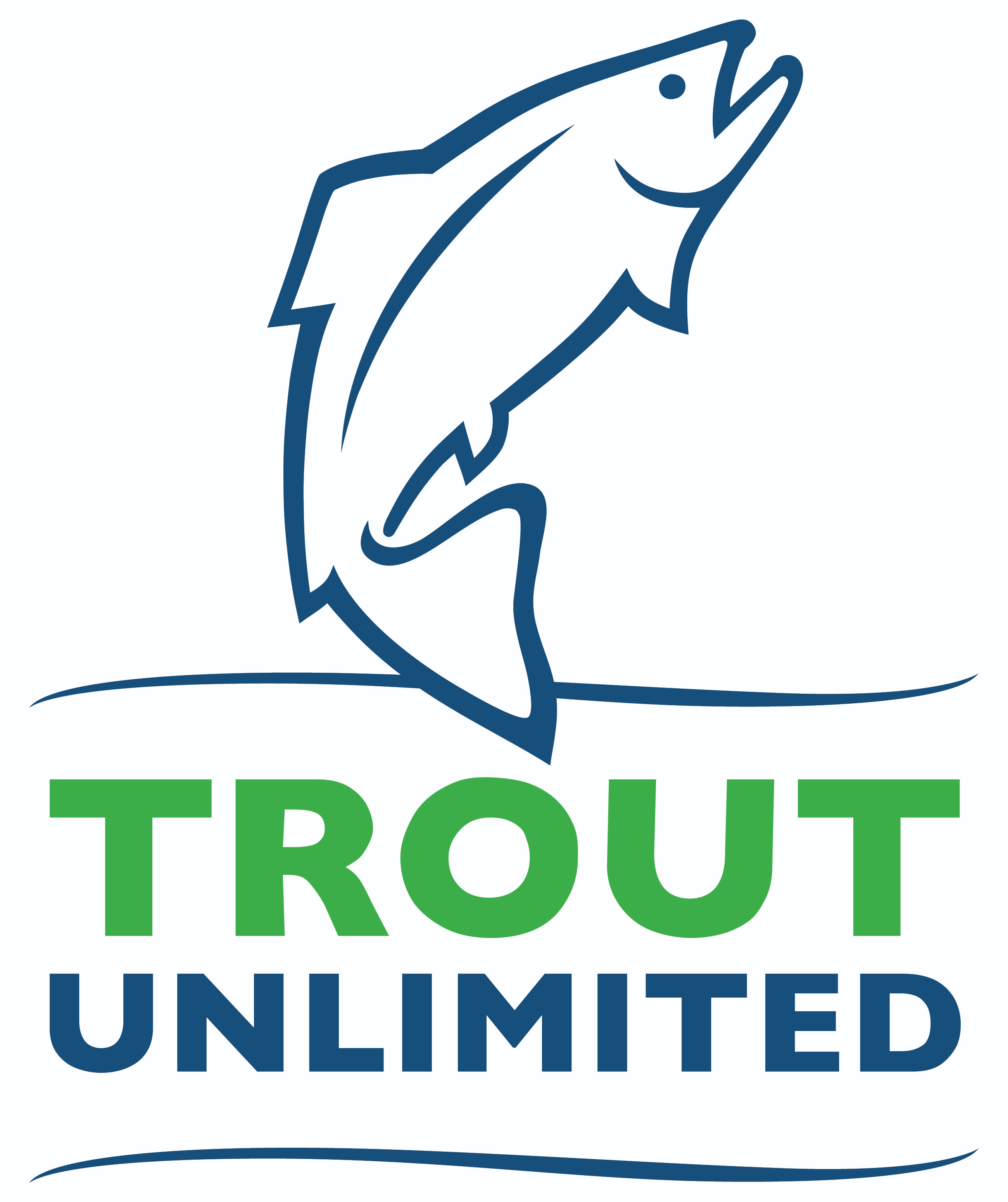








Our Partners


